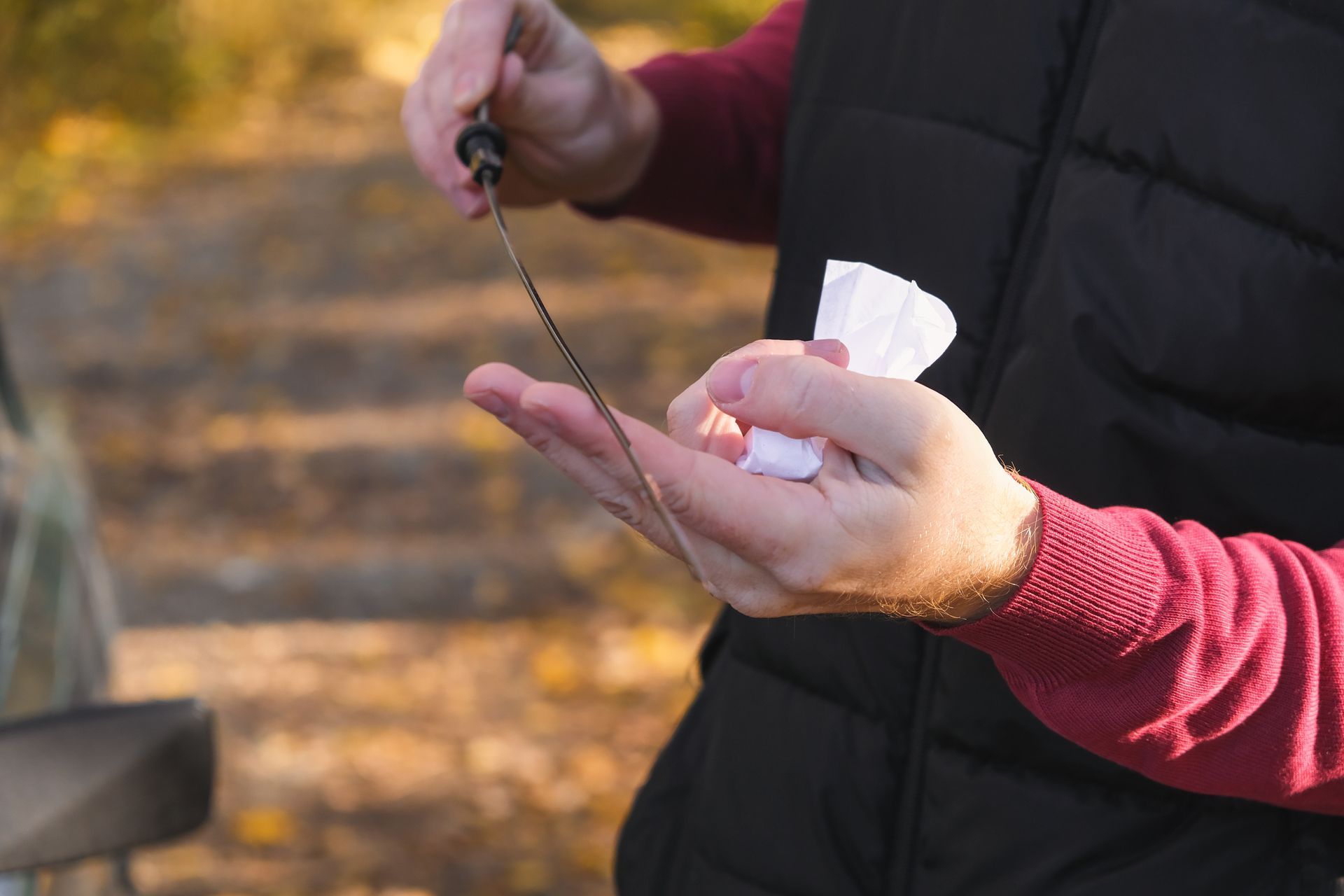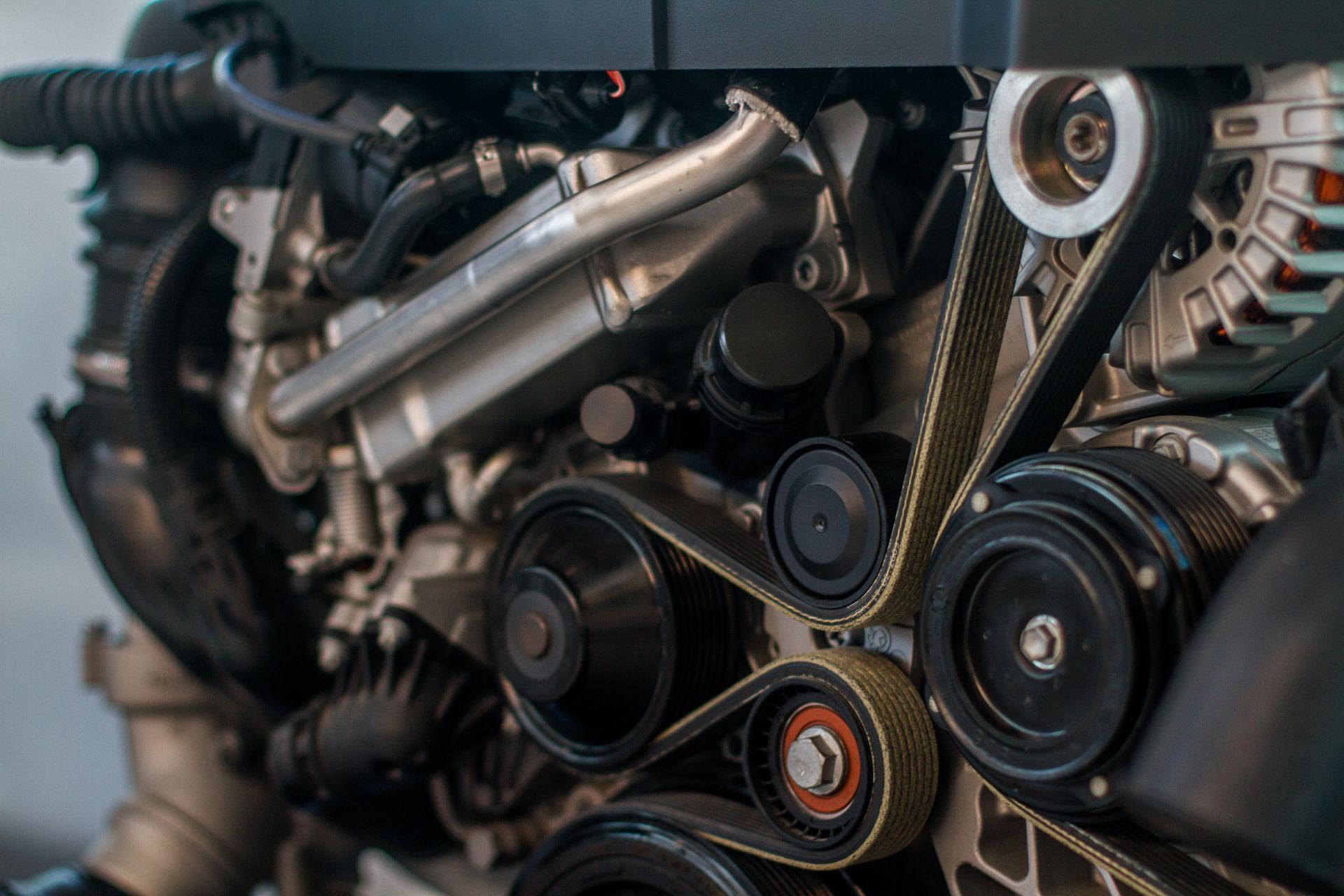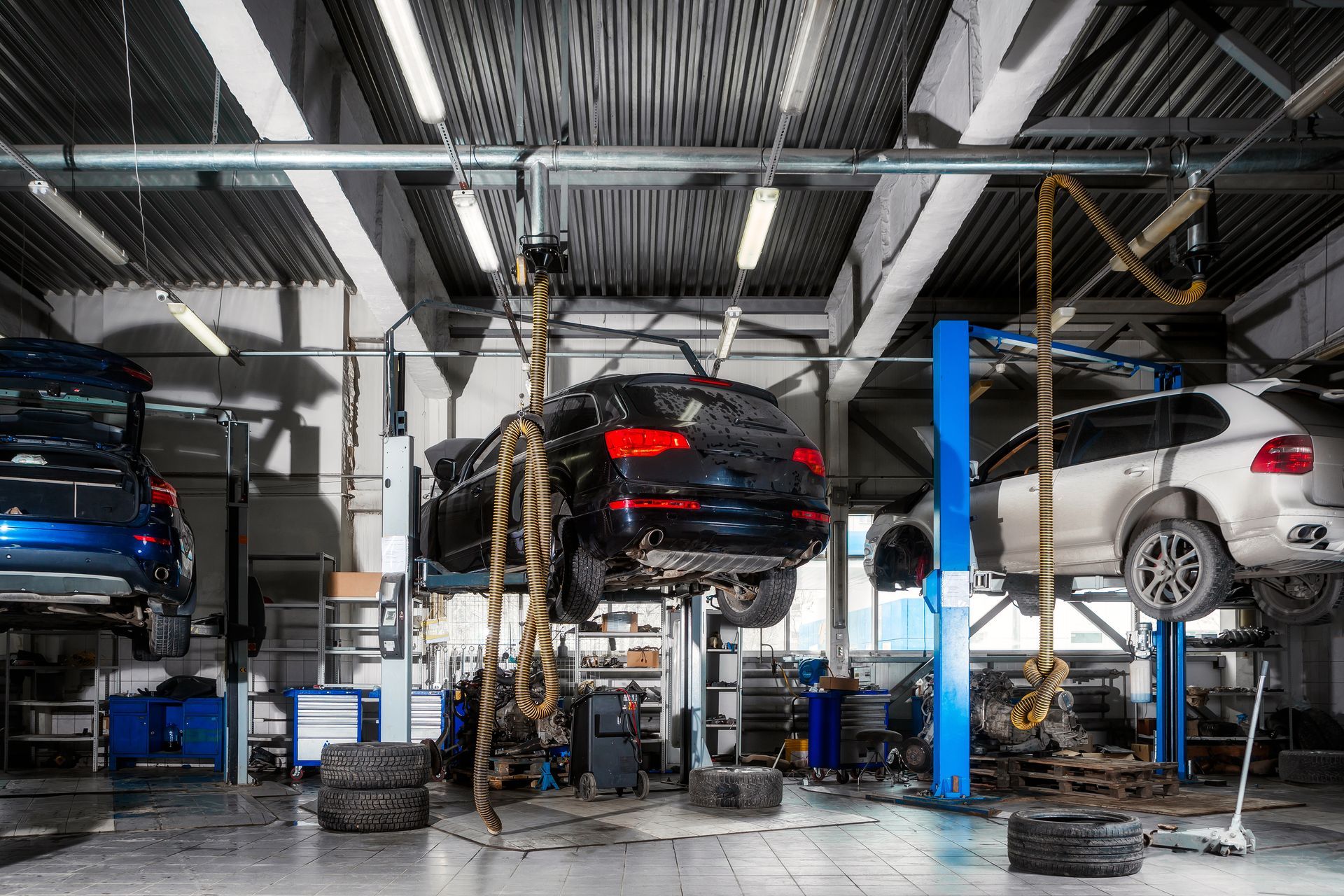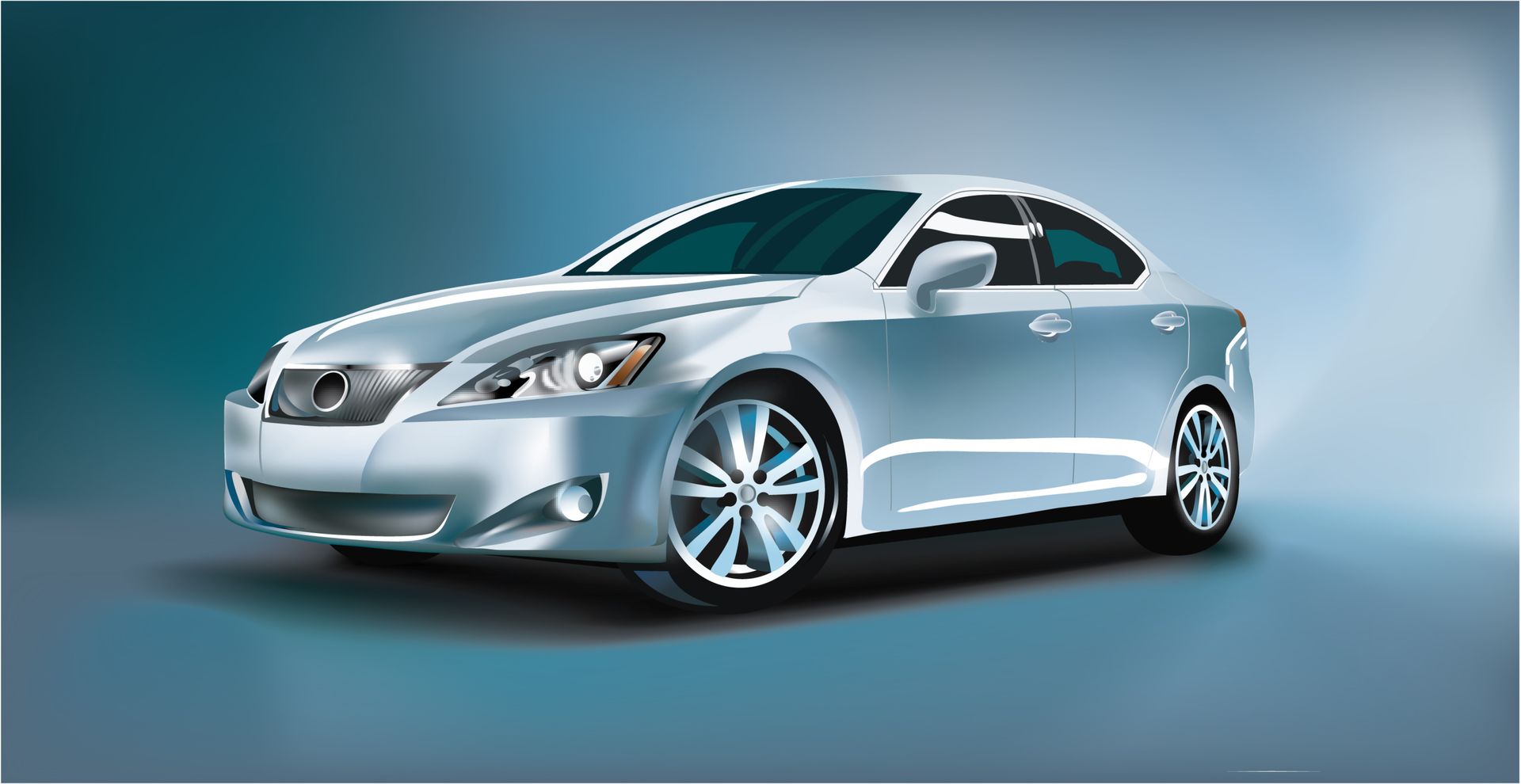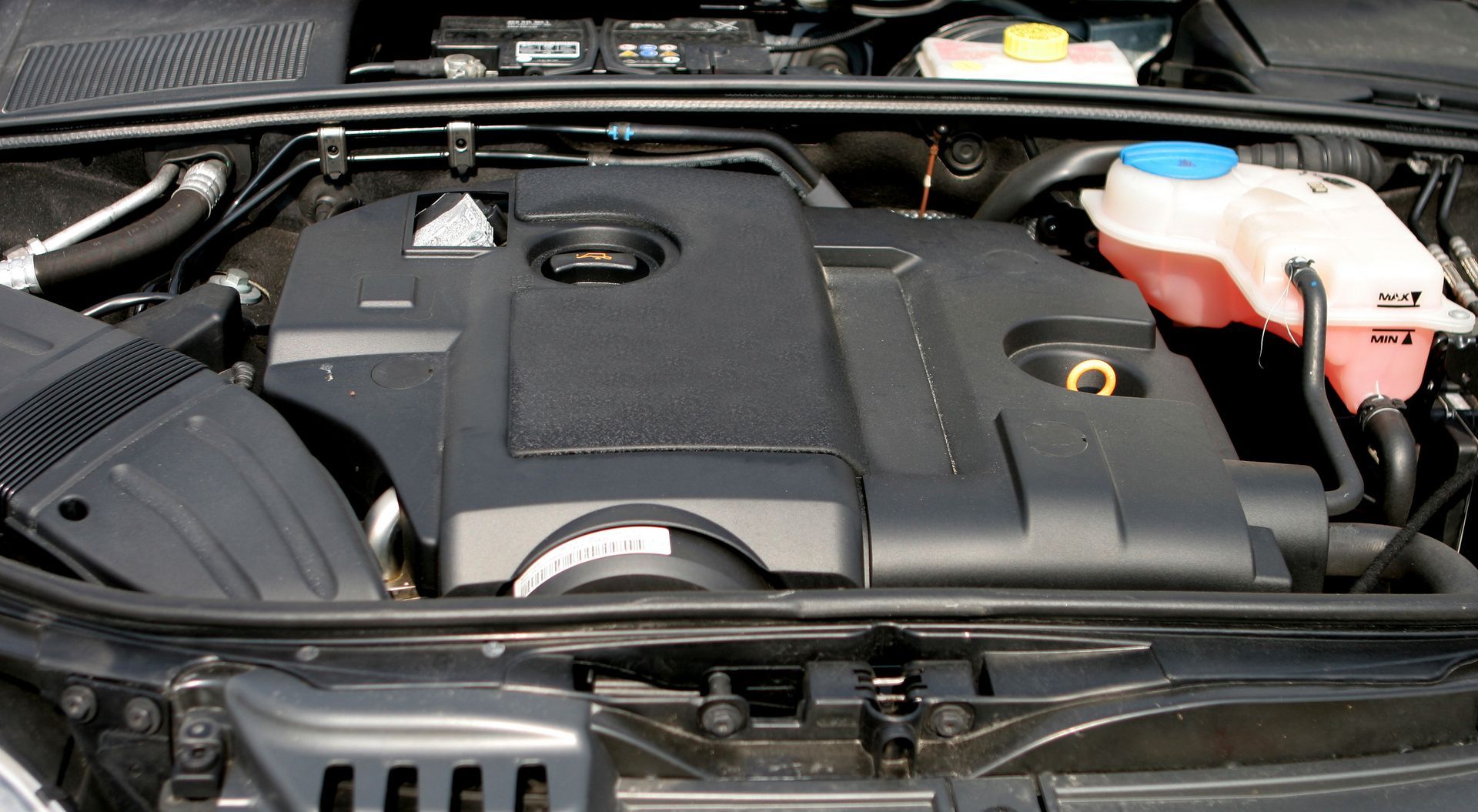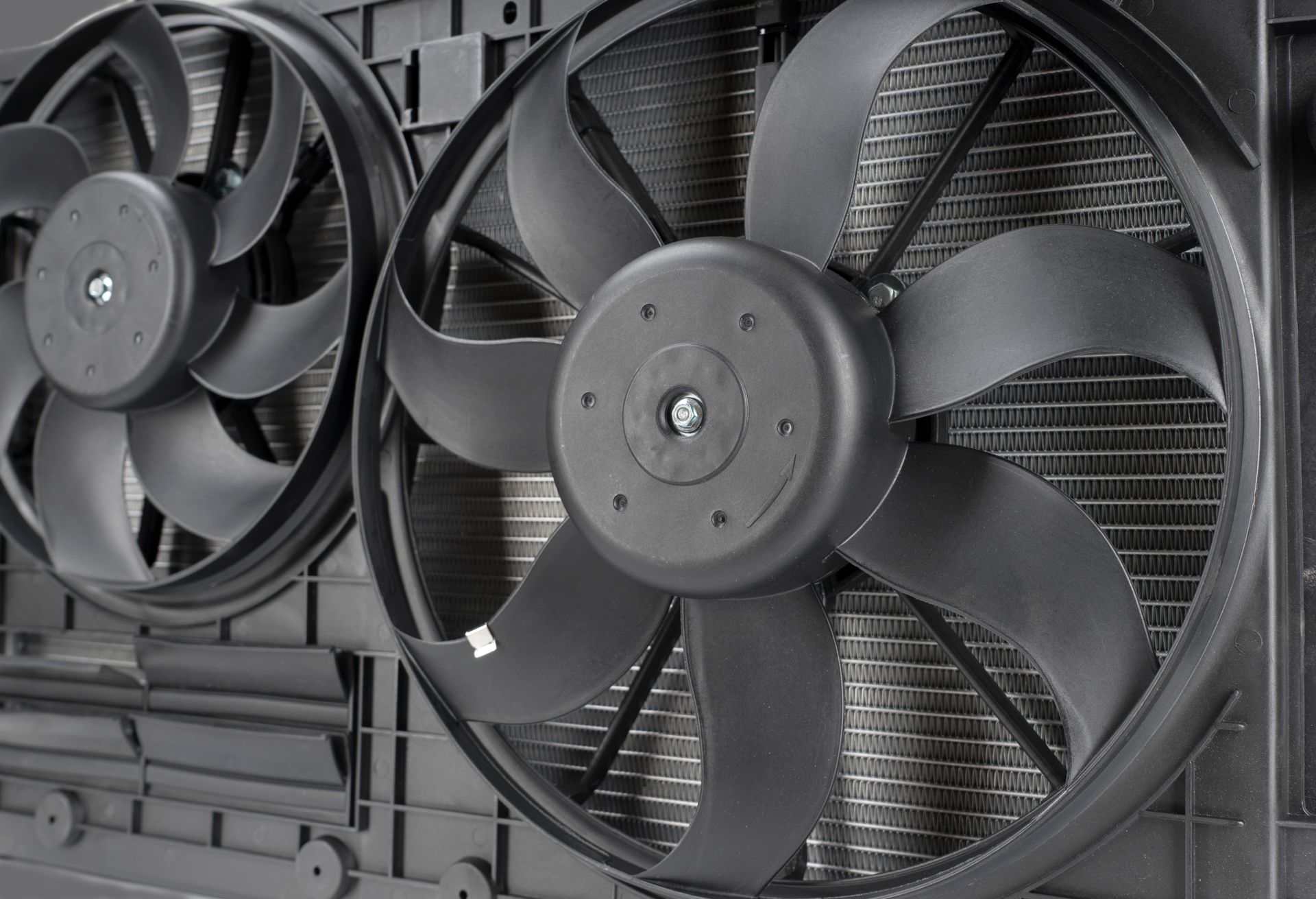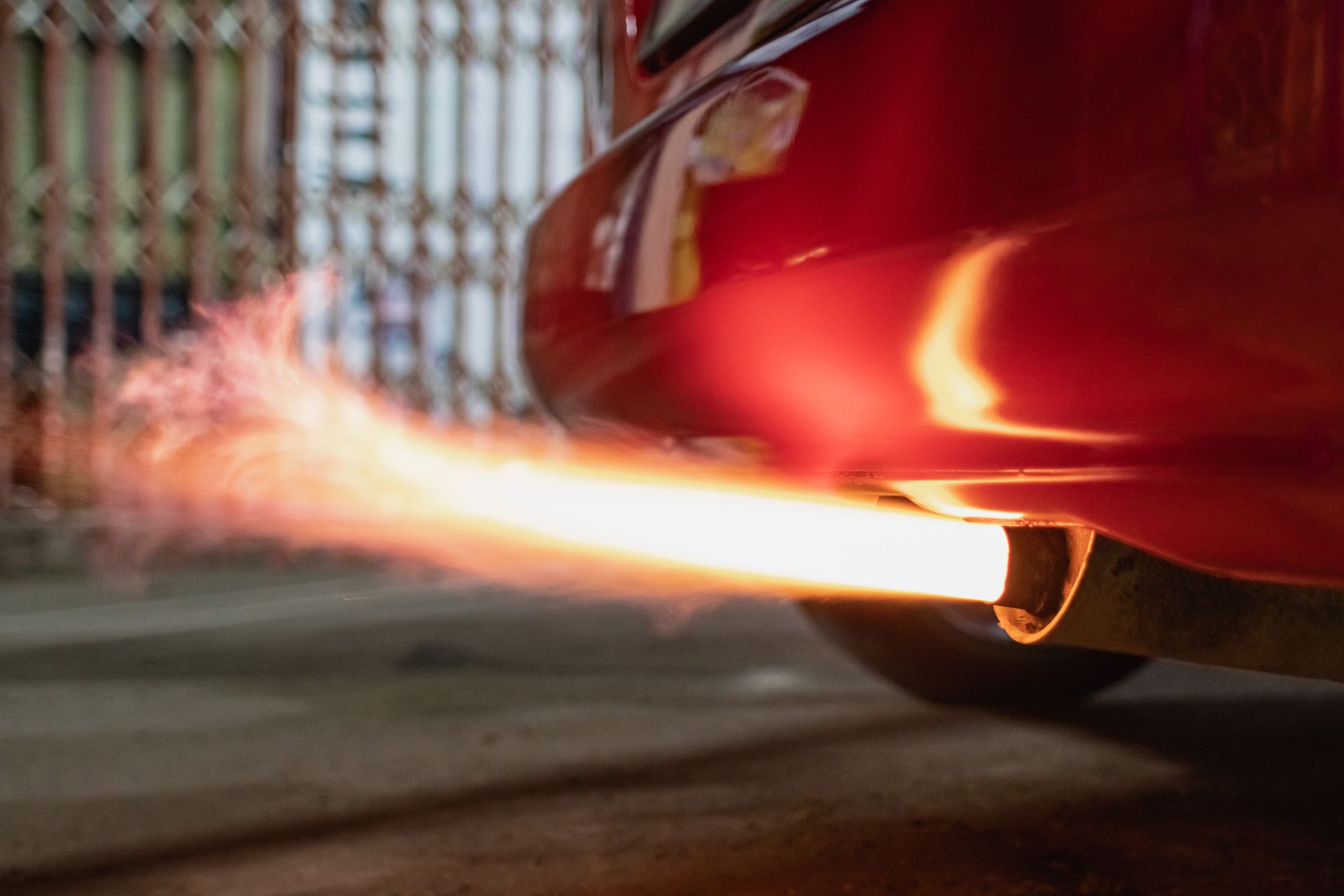Winter can be tough for car owners, especially when your car's battery suddenly drops. We've all been there—stepping out on a freezing morning only to find your car won't start. It’s one of the most frustrating experiences. But why does this happen so often in cold weather? What is it about winter that makes car batteries struggle? We'll explain the reasons behind this common issue and explore how to prevent it.
How Cold Temperatures Affect Car Batteries
Car batteries rely on a chemical reaction to generate power. Inside your battery, a combination of lead plates and sulfuric acid creates the electrical charge necessary to start your engine. In warmer weather, this process works like a charm. But when temperatures drop, the efficiency of this chemical reaction also drops, which means your battery has to work harder to generate the same amount of power.
For every degree, the temperature drops, your battery’s ability to hold a charge diminishes. When it’s freezing outside, the battery’s performance can drop by as much as 50%. So, even if your battery is in decent shape, cold temperatures can still cause it to lose power when you need it most.
Increased Power Demand in Winter
Cold weather doesn't just slow down your battery—it also forces it to work harder. Think about what you do when you get in your car on a cold morning. You probably crank the heater, turn on the defroster, and use your headlights more often due to the shorter days. All these actions require additional power from your battery. The combination of a sluggish chemical reaction and increased power demand puts a lot of strain on your car’s battery, often leading to failure when temperatures drop.
When you turn the key or press the start button in cold weather, the starter motor requires more electrical current to overcome the resistance caused by the thickened engine oil. This added strain is often too much for a weak or aging battery.
Battery Age Matters
If your battery is more than three years old, it's already approaching the end of its typical lifespan. An older battery is less likely to perform well in cold weather because it has already lost some of its capacity to hold a charge. Add freezing temperatures to the mix, and you have a recipe for failure. Regularly testing your battery, especially before winter hits, can help you avoid that dreaded dead-battery morning.
Corrosion and Dirty Terminals
Another factor that contributes to battery struggles in cold weather is corrosion. Over time, corrosion can build up on the battery terminals, making it harder for the battery to transfer power efficiently. Cold weather can exacerbate this issue by further slowing down the chemical reactions in the battery, making even minor corrosion a bigger problem.
Ensuring your battery terminals are clean and corrosion-free can help maintain a solid connection and improve your chances of starting the car, even in freezing temperatures.
How to Prevent Battery Failure in Cold Weather
Now that you know why cold weather affects your car battery, what can you do to prevent it from dying on you?
- Test Your Battery Regularly – Before winter starts, have your battery tested to ensure it still holds a sufficient charge. Many auto repair shops and parts stores offer free battery testing.
- Keep the Terminals Clean – Make sure your battery terminals are free from corrosion. You can clean them with a wire brush or a terminal cleaner to maintain a solid connection.
- Insulate Your Battery – Battery blankets are available to help keep your battery warm, even in cold weather. This can make it easier for the battery to function efficiently.
- Drive Regularly – If you’re not driving your car often, the battery may struggle to maintain a full charge. During winter months, try to drive your car regularly to keep the battery charged and functioning properly.
- Check Your Charging System – Ensure that your alternator and voltage regulator are working properly to recharge the battery while you drive. If these components aren’t functioning well, your battery won’t get the boost it needs during cold starts.
When Should You Replace Your Battery
If your car’s battery is getting older or struggles to start even in mild cold, it might be time to replace it. No one likes being stranded with a dead battery, and replacing it before it fails is always the better option. If your battery is over three years old, have it tested to determine if it can still perform well through the winter months?
Don't Let Winter Catch You Off Guard! If your battery is showing signs of wear, don’t wait for it to fail. Visit
Rolf's Import Auto Service for a free battery test and ensure your car is ready to tackle the cold temperatures.

